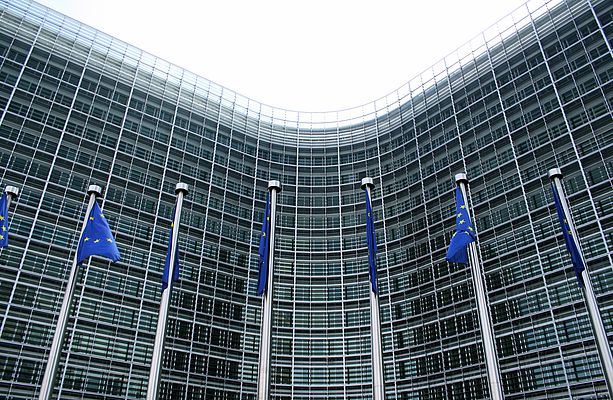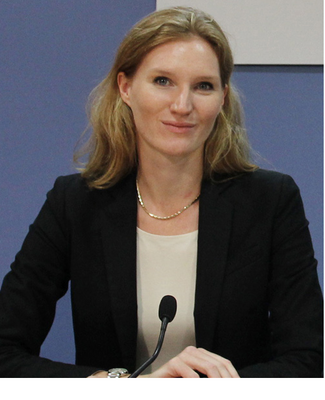Political events over the past six months have revived ambitions to improve the EU's security of supply. Since the onset of the Ukraine crisis, reducing fuel import dependency has become a key interest for EU energy policy. After all, 12 of the 28 Member States are to over 60 percent dependent Russian gas imports - six of them importing all their gas requirements from Russia. The impact of the current crisis will continue to be felt in the long-term. While much of the discussion is currently focused on alleviating the impact of possible gas supply disruptions this winter, it has also enabled a discussion on the role of energy efficiency that was deemed impossible earlier in the year.
A call for greater energy savings was included in the European Commission's spring proposals to improve the EU's security of supply. Indeed, a new target proposal for a 30 percent reduction in energy consumption by 2030 followed suit in July. The new target is 5 percentage points higher than what was originally suggested with the 2030 energy and climate package in January this year. The explicit goal underlying the ambitious energy savings target is to reduce natural gas imports. According to the European Commission's analysis, such a target could reduce European gas imports by a total of 83 billion cubic meters compared to a 2013 baseline outlook for 2030 (equivalent to the annual gas consumption of Germany). Realising such a reduction in gas imports via energy efficiency improvements won't come cheap. To get to the desired reduction in gas imports, the Commission has analysed that marginal system costs would jump from €2 billion per year for a 25 percent effort to €20 billion with a 30 percent target. Costs increase as more expensive investments in energy efficiency would need to be made, especially in the buildings sector - after the "low hanging fruits" in industrial processes would have already been picked. However, lowering gas consumption may not lead to lower imports of Russian gas.
It is true that a reduction in energy consumption would certainly reduce imports for Eastern European countries where Russia is the sole supplier of gas. But in the liberalized Western European gas market where gas is often traded at hubs without "national identity", it is difficult to control the origin of gas imports. Indeed, reducing gas demand in Europe will have consequences on Russia's market positioning and the attractiveness of investments in alternative sources of supply such as LNG. It does not follow that if gas demand and overall imports decline, Russian gas imports will decline, too.
With a large, low cost supply base and depreciated pipeline infrastructure, Russia may actually be better placed to supply a smaller European gas market than other producers: a smaller market may deter investment in LNG supplies and producers will seek alternative markets in Asia or other developing regions. So far the Commission has been relying on indirect means to improve long-term security of supply as within the framework of liberalized, traded markets other options are limited. But the effectiveness of this approach to reduce dependence on Russian gas remains to be seen.
While driving forward energy savings across the EU would certainly enhance performance on sustainability, it has yet to be proved it is an effective foreign policy tool.
By Susanne Hounsell, Associate Director, European Power-Gas-Coal-Renewables, IHS Global, Paris
























































